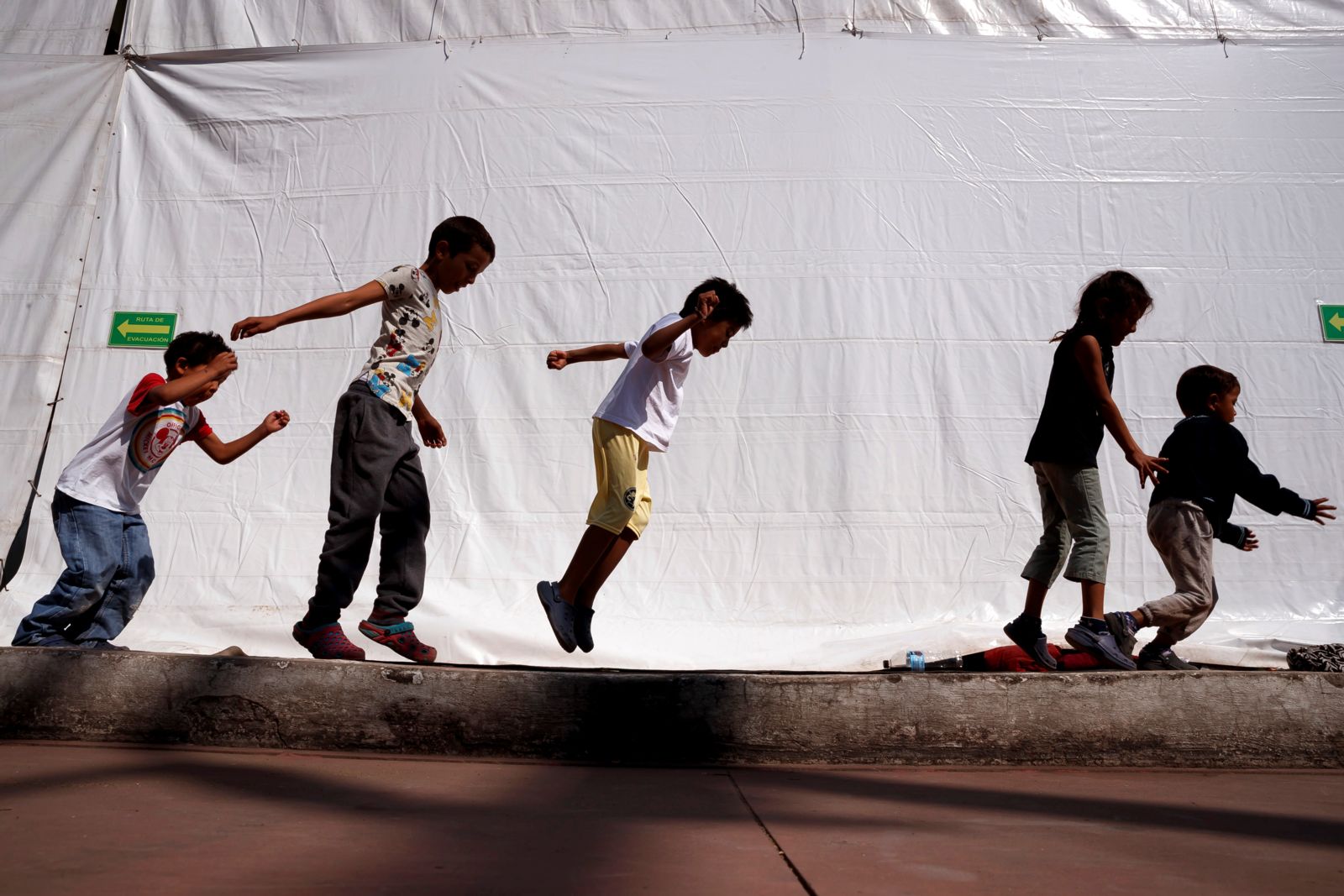Losing my parents when I was a child led me to work as a Guardian ad Litem (“GAL”) for foster children. GALs investigate and represent the best interest of the child in court proceedings that determine the child’s safe permanent placement. Through this, I have seen firsthand how intimidating the court process can be.
Child migrants are a particular vulnerable group that face the daunting U.S. court system. Like foster children, child migrants have endured abuse, neglect, exploitation, and other grave threats. However, unlike foster children, child migrants are not guaranteed legal representation. The 1974 Child Abuse Prevention and Treatment Act mandated the appointment of a GAL in child abuse and neglect cases. In contrast, child migrants navigate our legal system alone.
This must change. Young migrants are children first and foremost. As a matter of human rights, our policies must consider child migrants by their status of child before their status of migrant or litigant. It is discriminatory to provide help to some but not all children in our court system.
In contrast, child migrants navigate our legal system alone.
I can attest to children’s developmental need for an adult’s help in court. Seeking asylum is a legal right in our country, and children require help in order to have a fair opportunity to explain their case for protection. As of 2017, 76% of unaccompanied minors were unrepresented in court. Data show that representation in court is the single greatest determining factor in a child’s case. Recent data show that immigration judges were almost 100 times more likely to grant legal relief for unaccompanied children with counsel than unaccompanied children without counsel. Children without counsel are often returned to the harmful or life-threatening conditions they fled. In child protection, we consider such return to harm to be unconscionable.
Not only is providing legal representation to children a well-established precedent in U.S. domestic policy, it is also a concept enshrined in international doctrine, including the United Nations Convention on the Rights of the Child (CRC). Though the U.S. has not yet ratified the CRC, it is the most widely ratified human rights treaty in history and the first international treaty to integrate human rights in reference to children around the globe—including the right to survival, development, and protection from abuse, neglect, and exploitation.
Several of these rights are regularly violated in child migrant cases in the United States, including failure to act in the best interest of the child (Article 3) as well as unnecessary child detentions and separations from family (Article 9). If the U.S. will not ratify the CRC, we should at minimum confront the exceptionally cruel treatment of child migrants in our country and strive to implement the treaty’s ideals into our own relevant policies. Given that the U.S. has contributed to some of the situations from which children seek asylum in the first place, such as instability and violence in Central America, we have heightened responsibility for the plights of these children.
The United States considers itself a leading example in human rights, but it cannot truly fulfill that role without equitable protection of all children in our legal system. We must urgently guarantee legal representation for children who enter our immigration system as we have already done for children who enter our foster system.
While some states require that the GAL be an attorney, others do not. Nonprofit organizations have successfully established volunteer GAL programs all over the country such as Court-Appointed Special Advocates, ProKids, Voices for Children, and Child Advocates. Capable volunteers are trained, sworn-in, and appointed to cases. These organizations can serve as a prototype for child migrant advocacy. Additionally, nonprofit organizations such as Kids in Need of Defense train and mentor thousands of law firms and corporate pro bono attorneys to represent child migrants, leveraging private resources to ensure that children have a fair chance to make their case to seek safety in the U.S.
The United States considers itself a leading example in human rights, but it cannot truly fulfill that role without equitable protection of all children in our legal system.
Solutions to better protect child migrants are within reach. First, mandate legal representation for child migrants as we have already done for abused children in domestic cases. Second, utilize volunteers and pro bono attorneys who stand ready. These steps would affirm the rights of children as children, maintain integrity, increase safety and improve functionality within our broader immigration system, alleviate concern about attorney scarcity, and positively transform the outcomes of children’s cases and lives. This GAL framework could be replicated in any country where child migrants need legal advocacy, and it would bolster global commitment to the rights of children for basic survival and protection.
Embracing this approach would be a compelling demonstration that the United States is committed to our foundational principle of justice for all as it would ensure that some of the most powerless and overlooked people among us have equal opportunity for fairness in court and for lives of liberty and promise.

